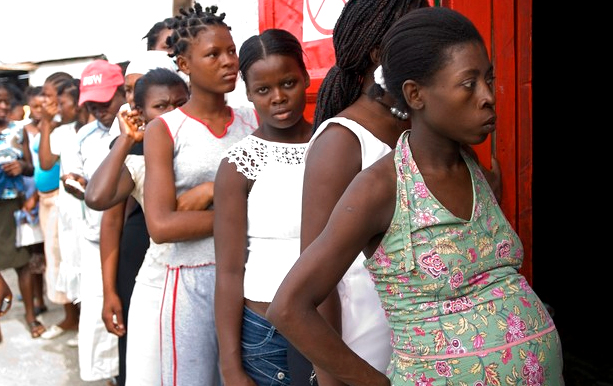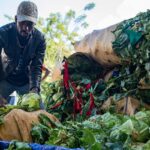PORT AU PRINCE, Haiti, CMC – The United Nations Agency for Sexual and Reproductive Health (UNFPA) reports that numerous pregnant women in this French-speaking Caribbean Community (CARICOM) member state are now unable to access essential health services.
Marie Suze Albert, the national midwifery advisor for the UNFPA in Haiti, stated, “The few functioning establishments are operating at reduced capacity. Staff shortages are prevalent, sometimes necessitating midwives to remain on-site for up to three days without returning home.”
UNFPA estimates that if the current violence persists, approximately 3,000 pregnant women in Port-au-Prince will be deprived of crucial support, with around 500 likely to face complications requiring emergency obstetric care, including cesarean sections.
The closure of the capital’s largest public health facility, State University Hospital, and 12 out of 15 health facilities supported by UNFPA has exacerbated the situation. The remaining hospitals are overwhelmed, and armed groups controlling main roads disrupt supply routes for essential goods like food, water, medicine, and blood.
To address the urgent needs of affected individuals, UNFPA and its partners have deployed two mobile health teams to five displacement sites in Port-au-Prince.
Dr. Batch Jean Jumeau, president of the Haitian Society of Obstetrics and Gynecology, described the conditions as “traumatic” and emphasized the vulnerability of the population. He highlighted the necessity of providing necessary care and psychological support to displaced families, as stress and high blood pressure induced by insecurity and mass displacements contribute to complications, often necessitating premature cesarean sections.
The mobile units currently attend to approximately 150 to 170 people daily, predominantly women, offering food, hygiene kits, awareness-raising about available services, as well as psychosocial support and emergency shelter for survivors of gender-based violence.
With the number of displaced people surpassing 360,000 and half the population facing unprecedented levels of hunger, more than 84,000 pregnant women are left without access to essential health services amidst this ongoing crisis.



